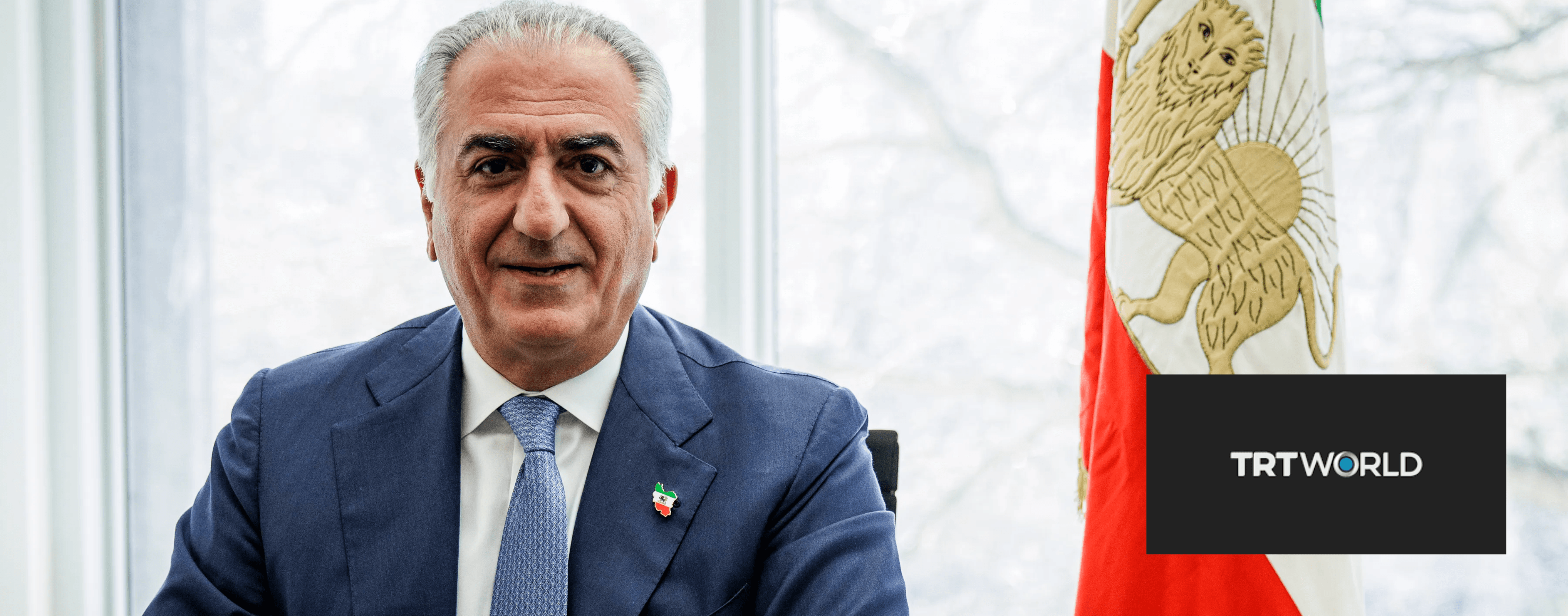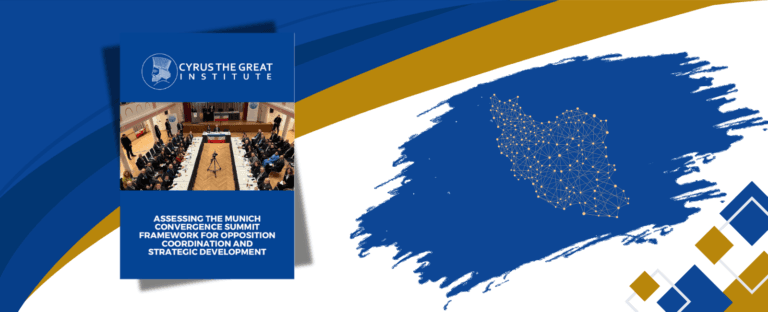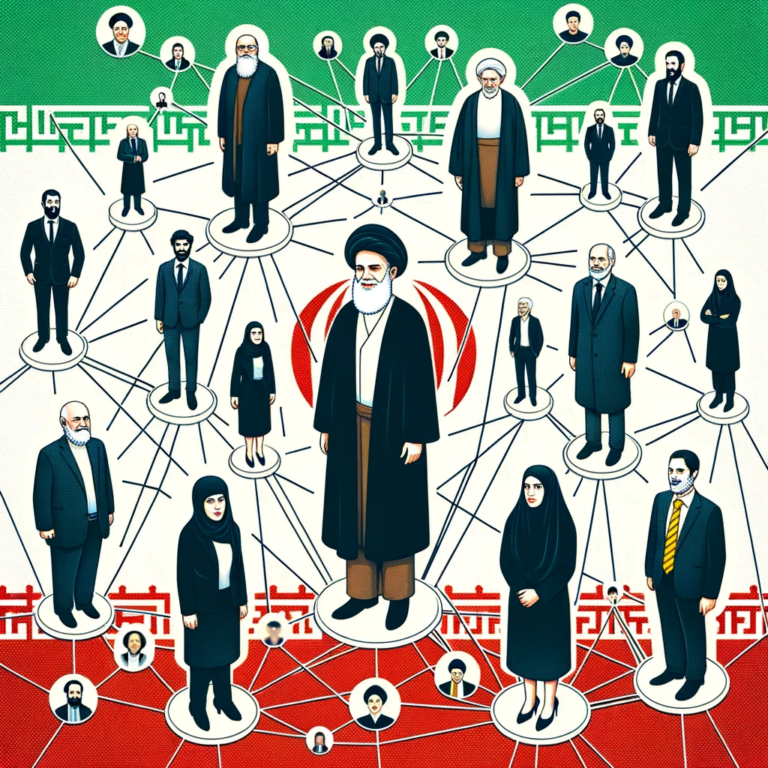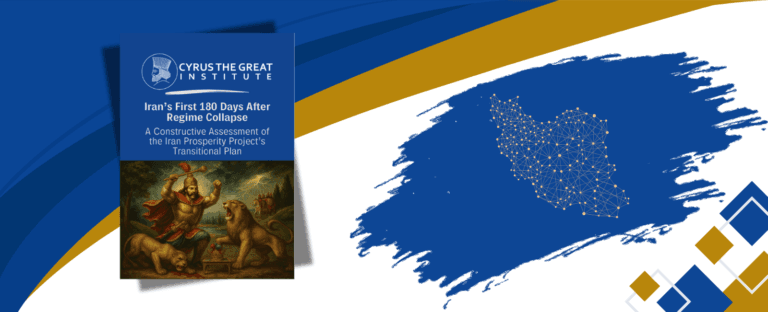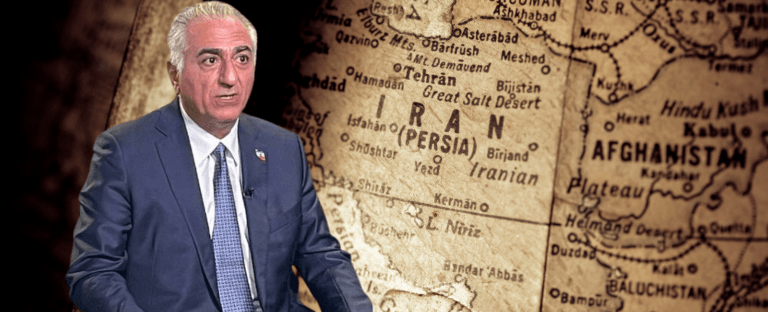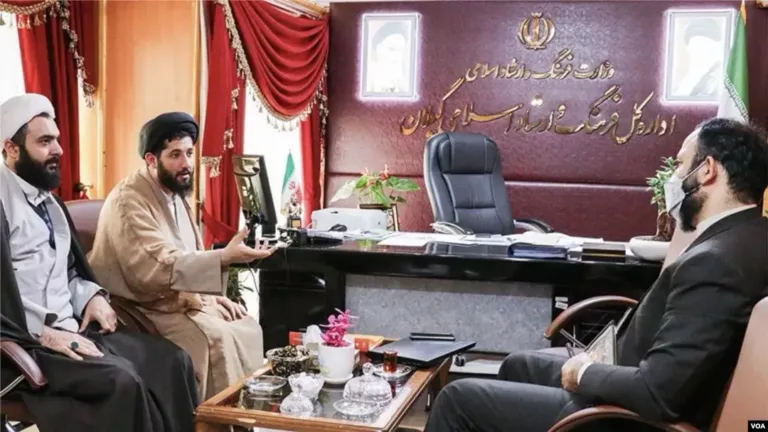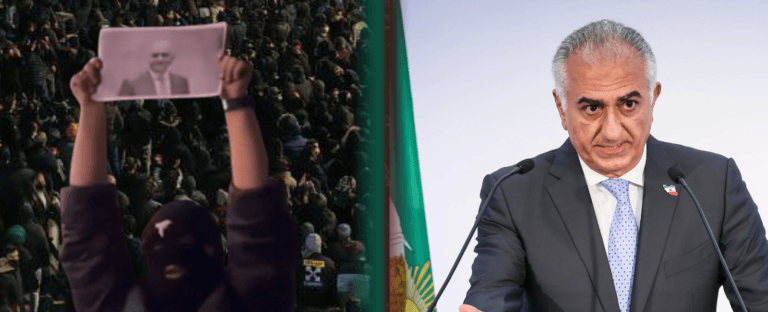TRT’s Misguided Mockery
Turkey’s state broadcaster TRT has produced a clip mocking Iran’s Crown Prince Reza Pahlavi and distorting historical facts about his father, the late Shah Mohammad Reza Pahlavi. The Shah’s legacy includes significant economic growth, modernization, and a substantial reduction in poverty in Iran. Given Turkey’s own human rights issues under President Erdoğan, there is a clear irony in TRT’s criticism.
The recent four-minute clip produced by Turkey’s state broadcaster, TRT, targeting Iran’s Crown Prince Reza Pahlavi, is not just a lapse in journalistic integrity but also a distortion of historical facts. Filled with unsubstantiated claims and overt mockery, the clip attempts to undermine both the legacy of the late Shah Mohammad Reza Pahlavi and the aspirations of his son. It is essential to address these misrepresentations and highlight the irony of TRT’s critique, especially considering Turkey’s own challenges with human rights and freedom of expression.
TRT labels Crown Prince Reza Pahlavi as a “self-proclaimed heir to Iran’s abolished monarchy,” insinuating “delusions of grandeur.” This portrayal ignores the reality that he is, by birthright, the legitimate heir to the Pahlavi dynasty. More importantly, his activism over the past four decades has not been about reinstating a monarchy but about advocating for democracy, human rights, and secular governance in Iran. His calls for non-violent civil resistance and a free referendum demonstrate a commitment to allowing the Iranian people to determine their nation’s future.
The clip, furthermore, suggests that Crown Prince Reza Pahlavi is “courting Western and Israeli support for regime change,” insinuating a lack of genuine domestic backing. This narrative is both unfounded and dismissive of the substantial support he has among Iranians, both within the country and in the diaspora. Independent surveys conducted by organizations like GAMAAN—a research group known for its impartiality and not affiliated with monarchist views—have shown that Crown Prince Reza Pahlavi is a leading figure among Iranians. This reflects genuine grassroots support rather than a movement reliant on foreign endorsement.
Distorting the Shah’s Legacy
TRT’s depiction of the late Shah focuses narrowly on authoritarian aspects while neglecting the substantial progress Iran made during his reign. Under Mohammad Reza Shah Pahlavi, Iran implemented significant reforms as part of the White Revolution, which included land redistribution, infrastructure development, and educational initiatives like the Literacy Corps. These efforts notably improved literacy rates, particularly in rural areas, educating over 2.2 million children and an additional one million adults. The Shah’s modernization policies also promoted economic growth and advancements in women’s rights, contributing to the development of a more unified and modern state.
Moreover, the Shah’s efforts significantly reduced poverty and improved the standard of living for many Iranians. Before the revolution, the country witnessed a rapid decrease in poverty rates. Studies indicate that poverty among households was reduced from 54% in 1971 to 28% in 1975. The most substantial improvement was seen in rural areas, where poverty decreased from 68% to 41%. Unemployment rates were low, with estimates of 1.2% unemployment and 2.2% underemployment at the end of 1972. These figures underscore the Shah’s commitment to economic development and social welfare.
While no leader is without flaws, it is essential to contextualize the Shah’s actions within the geopolitical realities of the Cold War era. His efforts to maintain Iran’s sovereignty amidst external pressures from both Western and Soviet interests were complex and multifaceted. Simplifying this history to a narrative of pure authoritarianism ignores the nuances that defined his reign.
Understanding the Motives Behind TRT’s Attack
The motives behind TRT’s attack on Crown Prince Reza Pahlavi warrant scrutiny. A democratic and free Iran poses a challenge to authoritarian regimes in the region, potentially inspiring pro-democracy movements within their own borders. Turkey’s current government, led by President Recep Tayyip Erdoğan, is increasingly authoritarian and suppressing dissent. A neighboring Iran transitioning toward democracy and greater freedoms could be perceived as a threat to such governance models and their expansionist ambitions.
However, it is important to emphasize that the Iranian nation seeks amicable relations with all its neighbors, including Turkey. The aspirations of the Iranian people are centered on establishing a society where freedom, democracy, and human rights are upheld. Only through collaboration and mutual understanding can the region address its challenges and foster an environment where all can live in peace and prosperity.
It is particularly ironic that TRT, a state broadcaster operating under President Erdoğan’s administration, seeks to lecture on issues of governance and legitimacy. Turkey has significant issues with its own human rights record and suppression of dissent.
According to Freedom House’s report on transnational repression, Turkey has engaged in a systematic campaign to silence dissenting voices abroad. The government has been accused of targeting journalists, academics, and activists beyond its borders through harassment, intimidation, and even abduction. These actions undermine international norms and violate the principles of sovereignty and human rights that Turkey is obliged to uphold.
Investigative reports have also shed light on alleged secret detention facilities operated by Turkish intelligence services. Claims of black sites used for clandestine operations and detentions without due process represent severe breaches of international law and human rights conventions. Within Turkey, the media landscape has deteriorated markedly. Numerous journalists have been arrested, and media outlets critical of the government have been shut down or co-opted. The erosion of press freedom has been documented by various international organizations, highlighting a troubling trend toward authoritarianism.
TRT’s willingness to mock and undermine Iranian figures advocating for democracy is particularly troubling given Turkey’s own challenges. While it casts aspersions on Crown Prince Reza Pahlavi’s motivations and legitimacy, it overlooks significant issues within its own governance and treatment of dissent.
This double standard raises questions about the objectivity and motivations behind TRT’s portrayal. It appears less an exercise in journalistic critique and more an attempt to distract from domestic shortcomings by pointing fingers abroad. Undermining voices that advocate for democratic values and regional cooperation does a disservice not only to the targeted individuals but also to the broader aspirations for peace and stability in the Middle East.
Conclusion
The complexities of Iran’s history and its future aspirations deserve thoughtful and nuanced discussion. Media outlets have a responsibility to provide balanced reporting, especially on sensitive international issues. Mockery and one-sided narratives disservice audiences and undermine the principles of journalism.
Crown Prince Reza Pahlavi represents a voice among many Iranians yearning for a future defined by democracy, human rights, and secular governance. Dismissing his efforts as delusional or solely supported by foreign entities ignores the legitimate struggles of the Iranian people against an oppressive regime.
Moreover, before casting stones, TRT and, by extension, the Turkish government should reflect on their own practices regarding human rights and freedoms. Genuine commitment to these values requires consistent application both at home and abroad. The Iranian nation desires friendly relations with all its neighbors, including Turkey. Only through cooperation and mutual respect can the region’s challenges be addressed, paving the way for all to live in peace and prosperity.
In an era where misinformation can have significant consequences, it is incumbent upon academics, journalists, and media organizations to engage in honest, evidence-based discourse. Supporting aspirations for freedom and dignity across the region is a shared responsibility that transcends national boundaries. Let us focus on fostering understanding and progress rather than perpetuating misleading narratives that hinder these goals.

